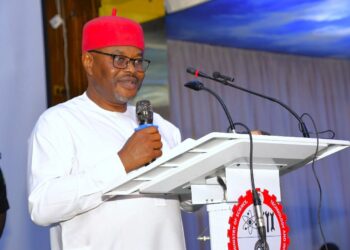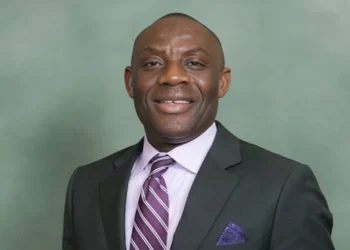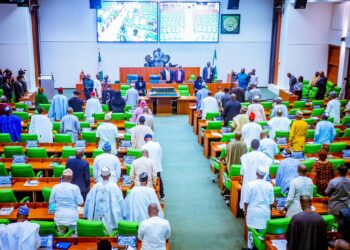The Federal Government (FG) has secured approval from World Bank to borrow $3 billion for the expansion of the power transmission and distribution networks in the country.
Speaking with newsmen on the outcome of Nigeria’s participation at the annual meetings of the World Bank/International Monetary Fund in Washington DC, the Minister of Finance, Budget and National Planning, Zainab Ahmed, who made the disclosure, said the loan would be disbursed in four tranches of $750 million each, beginning from next year (2020).
[READ MORE: FG, Finland partner to explore $5.4 trillion circular economy]
The loan, according to Zainab, would cover the funding gap as well as the current tariff that power sector investors described as very low compared to what was obtainable in other countries.

The minister said, “We had very productive meetings with the World Bank Group Country Power Sector Team on Nigeria for the power sector recovery programme, wherein we received an update on the outstanding issues covering sustainable fiscal support, policy and regulatory environment, operational efficiency and infrastructure investment possibly under a programmatic approach.
“We identified the imperative of solving two critical problems, which are operational efficiency and revamping the associated infrastructure in the power sector to ensure the overall success of the interventions in the power sector.
“The World Bank indicated its readiness to provide technical assistance in the near-term and the funding in a programmatic manner. This financing will cover the gap between the current tariff and the actual cost of generating electricity.”
Prior to this development, Engr. Edmund Ejie of the Transmission Company of Nigeria (TCN), had disclosed that the Federal Government had approved N600 billion for injection into the country’s electricity market.
Ejie said the money disbursed was an intervention fund, which was for the payment of the shortfall in electricity invoices for the entire market.
[READ ALSO: FG looks to reform ease of doing business, plans regional tour]
Why this matters: Since the privatisation of Nigeria’s power sector, there have been rising issues in the sector stakeholders are familiar with. Amongst the issues affecting the sector is the lack of adequate funding.
As recently-reported earlier on Nairametrics, the Federal Government is committed to revamping the power sector, a move that was estimated to cost N736 billion.























